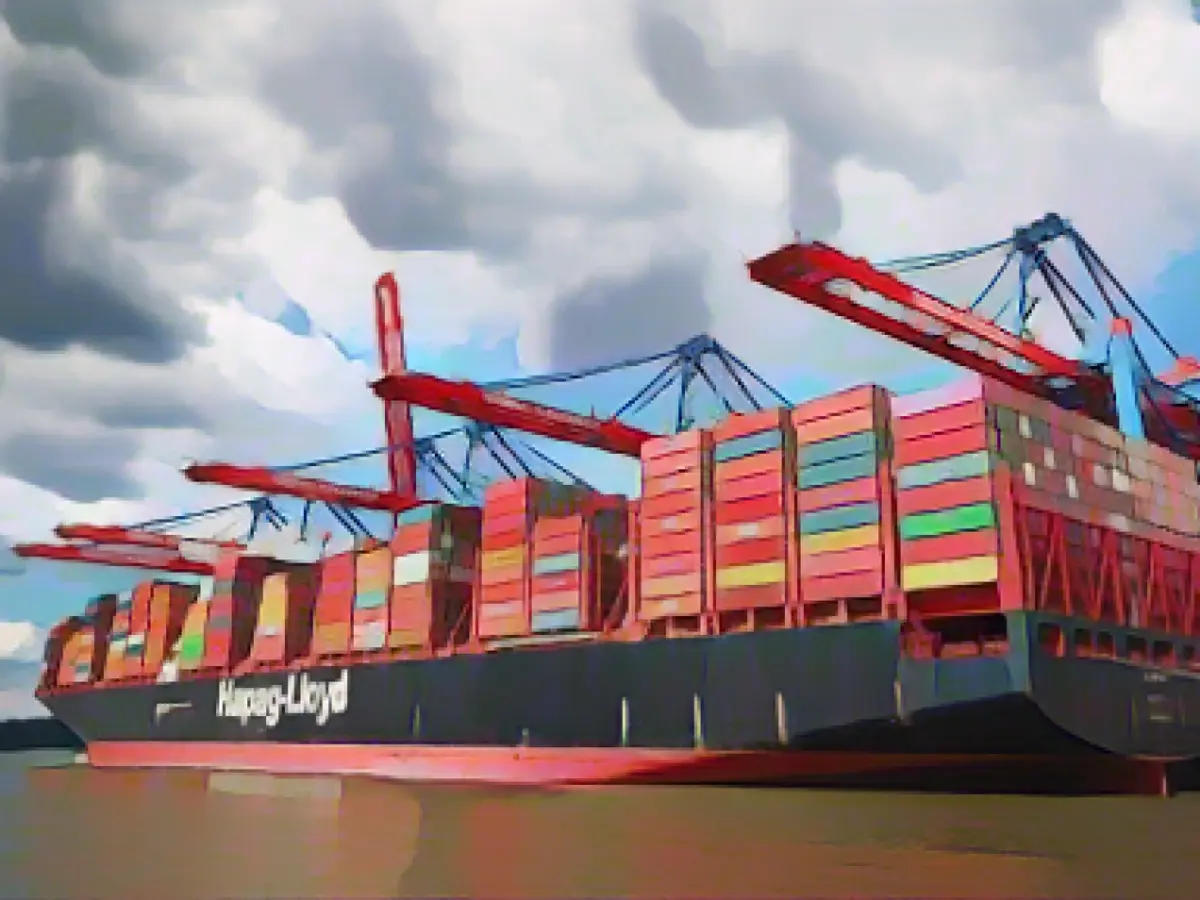Agreement in Strasbourg - The EU supply chain law is coming - agreement to strengthen human rights worldwide
Negotiators from the European Parliament and the EU member states have agreed on a supply chain law. This is intended to hold large companies accountable if they profit from child or forced labor outside the EU, for example, according to communications from the European Parliament and EU member states on Thursday. Larger companies must also draw up a plan to ensure that their business model and strategy are compatible with the Paris Agreement on climate change, according to the EU member states.
It is also envisaged that companies can be held accountable in European courts if human rights violations occur in their supply chains. The agreement still has to be confirmed by Parliament and the EU member states, but this is usually a formality.
Reactions to the EU supply chain law: "A good day for human rights"
The Chair of the Internal Market Committee in the EU Parliament, Anna Cavazzini, spoke of a good day for human rights, although she would have liked to see even stricter rules for climate and environmental protection. The Green politician also emphasized that the EU supply chain law goes beyond the German law and that more companies would be covered by the rules. A supply chain law has been in force in Germany since the beginning of the year.
European law professor and SPD MEP René Repasi pointed out that the law would make German companies liable for breaches of due diligence, which had previously been excluded under the German Supply Chain Act. This means that companies could be held liable under civil law and, for example, claims for damages could be asserted.
Union politicians, like business representatives, had been rather critical of the law in the past. They feared, for example, that it would be too bureaucratic for companies and therefore put them at a competitive disadvantage compared to companies from third countries that are not affected by the rules.
Read also:
- Year of climate records: extreme is the new normal
- Precautionary arrests show Islamist terror threat
- UN vote urges Israel to ceasefire
- SPD rules out budget resolution before the end of the year
- The agreed upon EU supply chain law, happening in Strasbourg, aims to strengthen human rights worldwide, making large companies accountable for child or forced labor in their supply chains.
- If human rights violations occur in the supply chains of these companies, they could potentially face legal consequences in European courts, as stipulated by the new supply chain law.
- The EU's supply chain law, which aims to promote accountability, goes beyond the recently implemented German law and covers a wider range of companies.
- European Parliament member and Green politician, Anna Cavazzini, applauded the agreement, stating that it's a good day for human rights, despite her desire for even tougher rules regarding climate and environmental protection.
Source: www.stern.de








